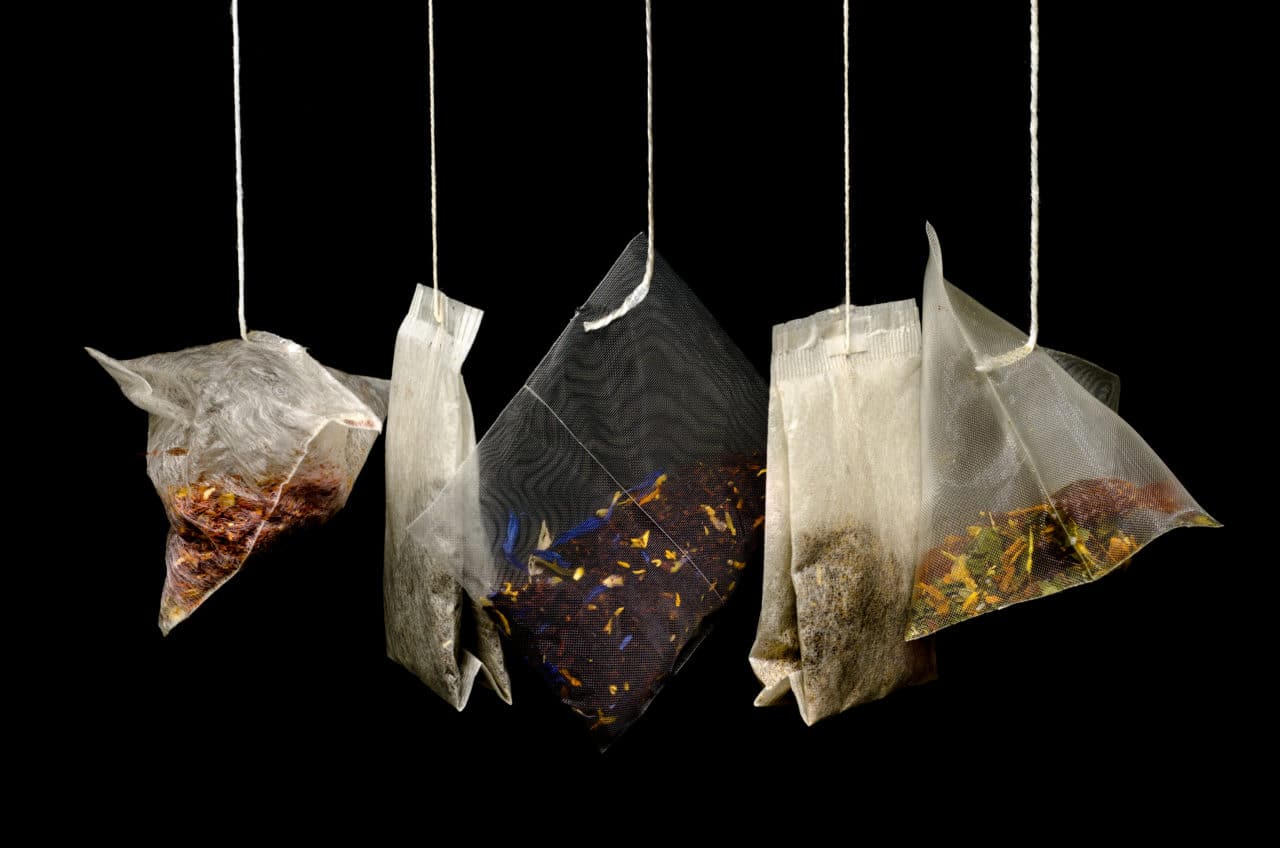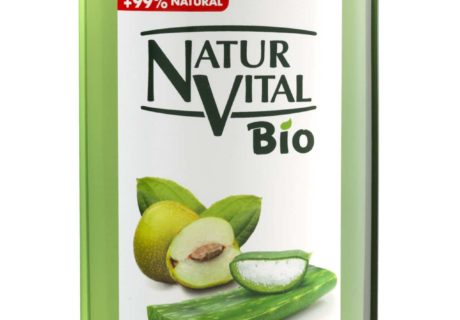The Co-op is bringing to market a fully biodegradable tea bag to replace that which is currently used in its well-known own-brand ‘99 Tea Blend’ range.
The cooperative says it is ‘the first retailer to find a solution to the problem of plastic waste caused by the nation’s favourite beverage’ and claims that the change could save an estimated annual total of nine tonnes of plastic waste.
Through a collaboration with tea supplier Typhoo and Ahlstrom-Munksjö – specialists in sustainable fibre solutions – a new method of heat sealing tea bags has been devised which will eradicate the need for the commonly-used polypropylene seals.
Jo Whitfield, Co-op Food CEO, says consumers are ‘blissfully unaware’ that their daily cuppa is made possible by plastic. “Even though it’s a relatively small amount, when you consider the six billion cups of tea that are brewed up every year in the UK, we are looking at around 150 tonnes of polypropylene – that’s an enormous amount of accumulated plastic waste that is either contaminating food waste compost collections or simply going to landfill.
A cup of tea is part of our national psyche, so we felt it was imperative that we fix the problem
“A cup of tea is part of our national psyche, so we felt it was imperative that we fix the problem as soon as possible. We’re absolutely committed to reducing plastic in our packaging and want to ensure that tea lovers can enjoy a guilt-free brew,” says Whitfield.
But the news has been met with a mixed response from industry; cost of production and confidence in consumer expenditure remain a concern for some. “It is a trade-off between costly technological advances and keeping the price competitive,” Bill Gormon, chairman of the UK Tea & Herbal Infusions Association, tells The Grocer. But Pukka Herbs argues that cost doesn’t necessarily scare consumers off: “We are growing at 30% year on year and have never and will continue not to use plastic in our teabags, showing that consumers are prepared to pay for quality products from companies with ethical and sustainable values,” says Vicky Murray, sustainability and environmental manager, calling Pukka ‘a case study in conservation through commerce’.
Robin Roth, CEO of Traidcraft, told the publication that plastic-alternative materials themselves are not without their own drawbacks: “There have been lots of ‘improvements’ to teabag design in an attempt to remove the plastic element, but these just raise other problems – whether it’s the addition on metal staples, or mineral oil contaminations from printed labels. These stapled bags tend to come sealed in non-recyclable envelopes too.”
The Co-op’s new bag, which will be fully compostable in food waste collections and will undergo rigorous testing throughout February, is intended to hit shelves later in 2018.





